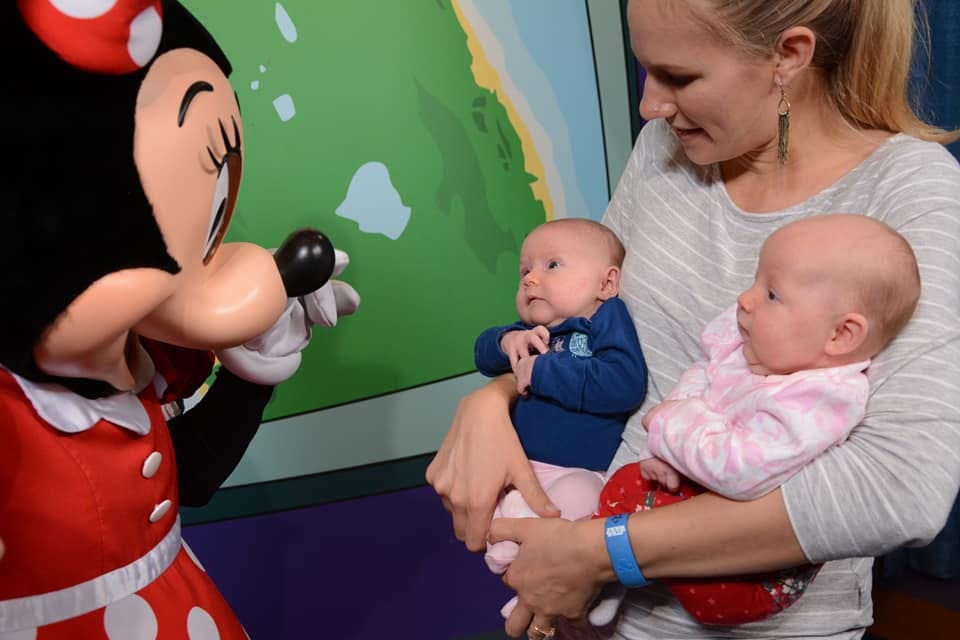How you start something is very important. Prevention is far better than rehabilitation. Starting right is much easier than correcting course.
There have been many studies done on the costliness of course corrections in life and business. If you don’t get things dialed at the beginning, your chances of success plummet. The cost of correcting a project is often more than simply starting right.
Likewise, how you start your day is extremely important. It is indeed possible to correct your course mid-way through the day, but let’s be honest, it doesn’t often happen. Momentum — good or bad — is hard to reverse.
Waking up at 5AM isn’t enough, then, if you wake up at that time and you start yourself down a non-optimal path.
First things should come first.
Some things are good, other things are better, and other things are best.
Given that your morning hours are your most important, you shouldn’t dedicate those golden hours to activities which are merely “good.” As Jim Collins has said, “Good is the enemy of great.” Similarly, Dallin Oaks has said, “We should be careful not to exhaust our available time on things that are merely good and leave little time for that which is better or best.”
Every person has 24 hours per day.
However, what each person does with those 24 hours determines who they become and what they do.
How you spend your 24 hours is the difference between making tens of millions of dollars and living paycheck to paycheck.
How you spend your 24 hours is the difference between being happy and being miserable.
There are endless choices you could make. Endless activities you could engage in. Endless people you could surround yourself with. Endless goals you could pursue.
John Maxwell has written, “You cannot overestimate the unimportance of practically everything.”
Most choices are bad choices.
Most activities are unimportant.
There are a lot of things which are “good.” But those activities should NOT come first thing in the morning.
Research confirms the brain, specifically the prefrontal cortex, is most active and readily creative immediately following sleep. Your mind is clearest in the morning. Your energy is highest.
A lot of people wake up first thing and head to the gym. This is certainly a good activity — it will wake you up and get you moving.
But fitness is not the most optimal thing you could do in the morning. Research confirms that you workout better with food in your system. Your workouts will be far more productive and powerful if you do them in the late morning or early afternoon, as opposed to first thing in the morning. Lunch-break workout.
If you’ve already accomplished more in your morning than most people do in a month, you’ll be SO PUMPED to workout. You’ll push yourself so much harder. You’ll feel so much more fulfilled. You’ll feel so good it will feel like beating the system — which is actually what you’re doing when you live on your own terms.
Your workout should be a mental break — a way to break up your day. The physical and mental can push each other upward. Once you workout, you give your mind a rest and allow your subconscious to synthesize and organize all the work you’ve done throughout your morning.
Another benefit of working out later in the day is that it does energize you — and thus you can add a couple extra hours of good mental energy that you won’t get if you exercise first thing in the morning.
So What Should You Do First Thing In The Morning?
“If we encounter a man of rare intellect, we should ask him what books he reads.” — Ralph Waldo Emerson
If you want to quickly set yourself apart in life, you should make it your first priority to read lots of really good books. If you spend 1–2 hours per morning reading, you’d read 50–100 books per year. Do this for 5–10 years, and as they say, you’ll become an “overnight success.”
In our incredible age of information and technology, it’s never been easier to access information. Of course, it’s also never been more distracting.
There are many REALLY REALLY good books. There are also MILLIONS of books that aren’t that great.
The quality of books you read matters. To quote Ryan Holiday, “If you read what everyone else reads, you’ll think like everyone else thinks.”
Some books are “milk,” some books are “meat.”
Some books will change your entire life. Others are hardly worth the paper.
Do you read deep, or shallow?
And when you start really reading, you’ll be guided by the books themselves. The right books will pop-up and stir your heart. You’ll intuitively know — I need to read that book, which will then lead you to the next book and the next.
You’ll begin making important connections that other people haven’t made.
You’ll be able to shape culture yourself.
You’ll be able to make influential change — first in your own life, then in your family, then in your circle of friends, then in your work and community, and eventually, you’ll be able to influence and shape the whole world.
Reading isn’t enough though.
You need to spend plenty of time thinking, meditating, praying if so inclined, and writing in your journal.
Rather than just reading for 1–2 hours straight, it’s good to shift between reading, thinking, and writing down your insights. Listening to audiobooks makes this process even easier.
While either listening or reading, it’s good to allow spaces of time to really think about what you’re learning and to measure what you’re learning against your current worldview, priorities, and goals.
Hopefully, if you’re open to learning, you’ll allow what you’re reading to alter and enhance your current mental model. You’ll allow your learning to hone and improve your current priorities, goals, choices, and daily behaviors.
If you have the same priorities and goals you had last year, then you didn’t learn very much in the past 12 months.

